Ideal Timing for Foundation Repairs
Foundation repairs are most effectively performed during mild weather conditions when soil moisture levels are stable. Extreme temperatures, heavy rainfall, or freezing conditions can hinder repair processes and affect the longevity of the solutions applied. Timing repairs during periods of moderate climate helps ensure optimal curing and settlement of foundation materials.
Spring offers moderate temperatures and soil moisture, making it ideal for foundation work. Dry conditions reduce delays caused by weather.
Early summer can be suitable if temperatures are not excessively high. Avoid peak heat to prevent curing issues and soil expansion.
Fall provides cooler temperatures and less precipitation, which can be favorable for foundation repairs before winter.
Cold and frozen ground can complicate repairs. Freezing temperatures can hinder soil movement and curing processes.
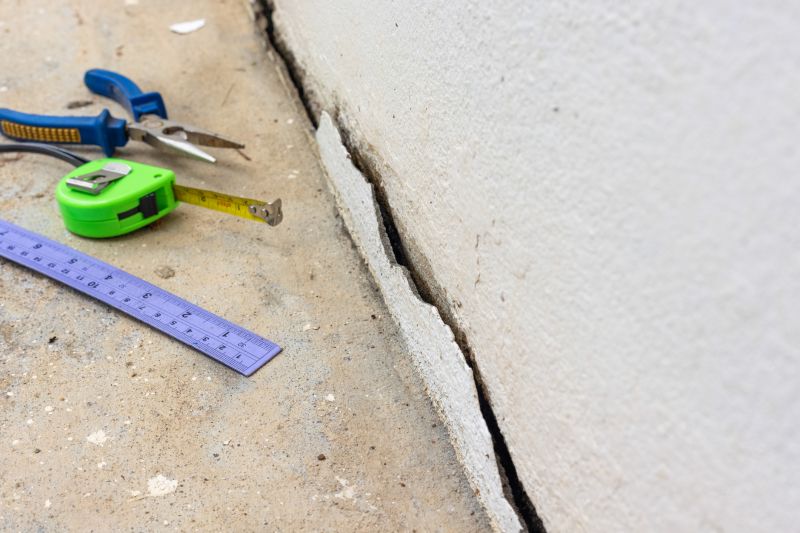
Inspecting foundation cracks and settlement early in the year can prevent further damage.
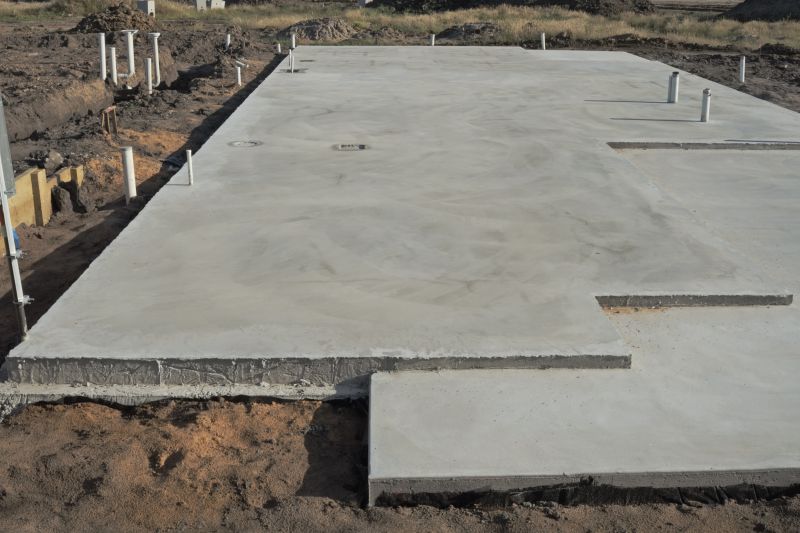
Proper soil moisture levels are crucial for foundation stabilization during repairs.
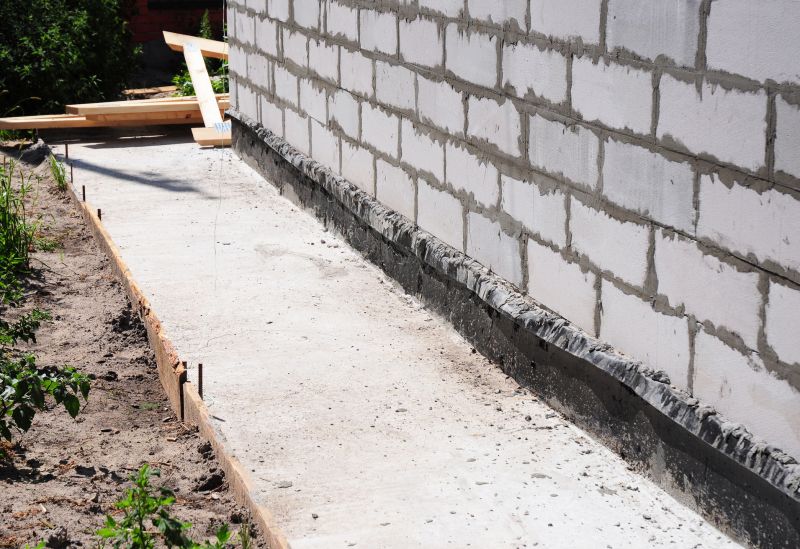
Foundation repair techniques are most effective when soil conditions are stable.
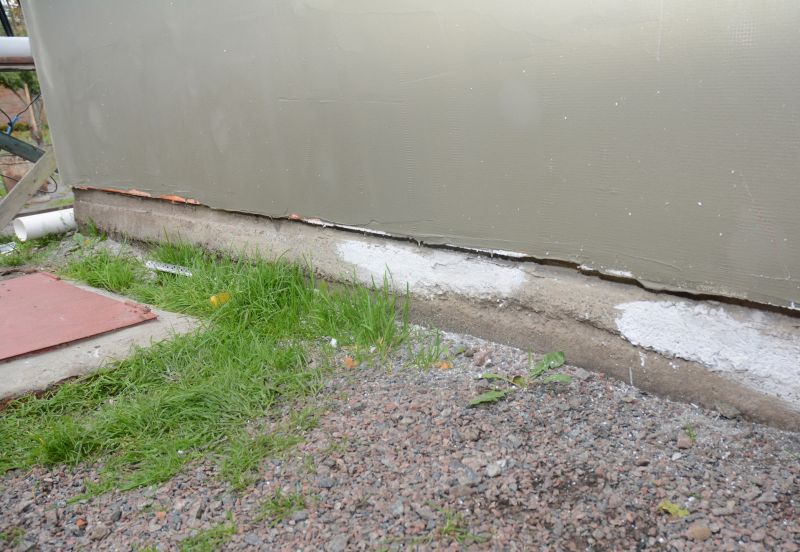
Ways to make Foundation Repairs work in tight or awkward layouts.
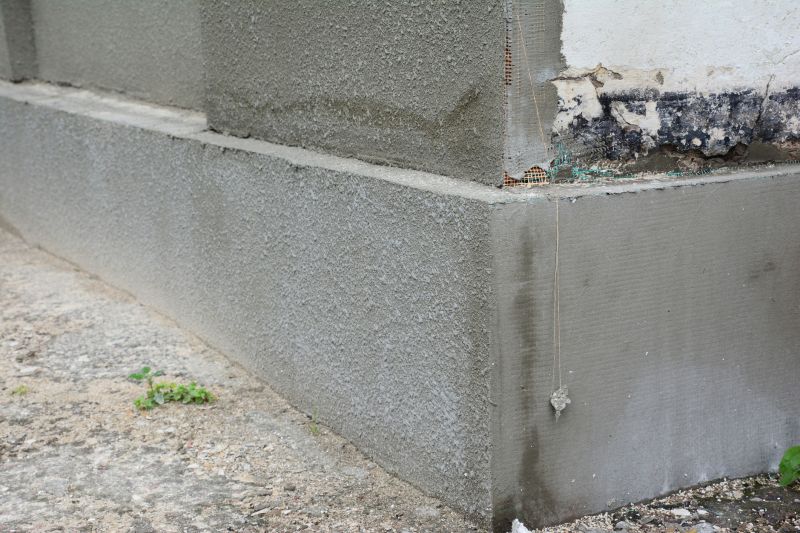
Popular materials for Foundation Repairs and why they hold up over time.
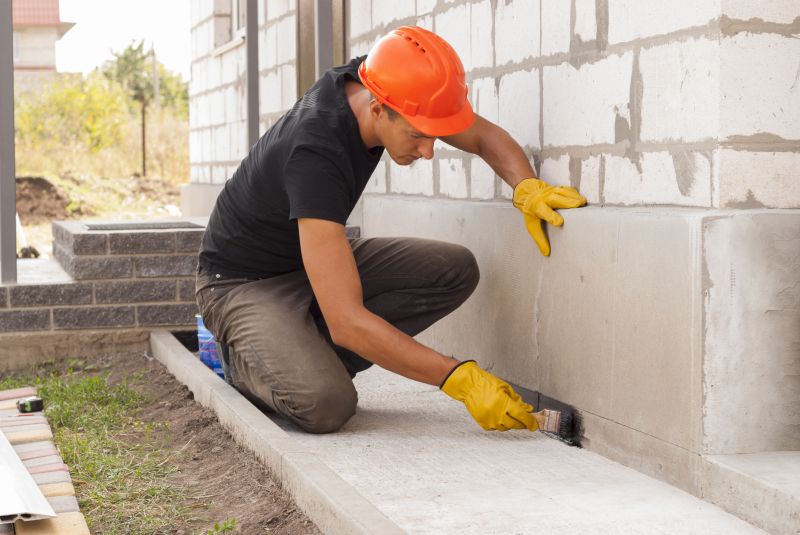
Simple add-ons that improve Foundation Repairs without blowing the budget.
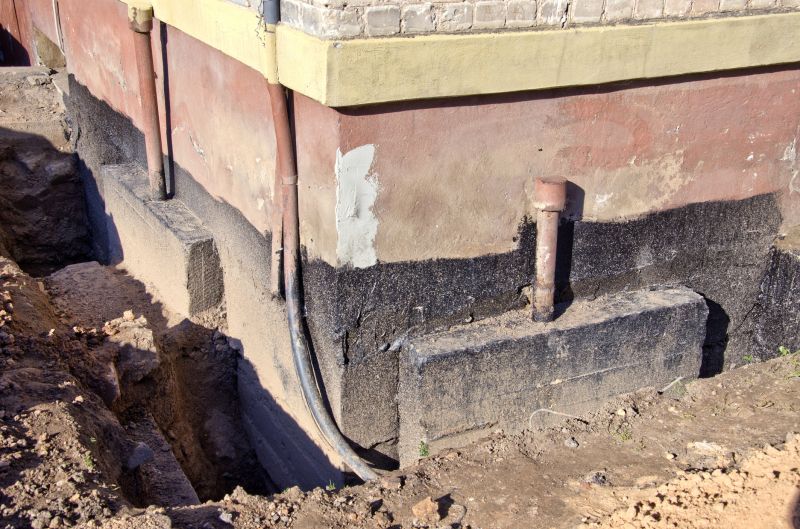
High-end options that actually feel worth it for Foundation Repairs.
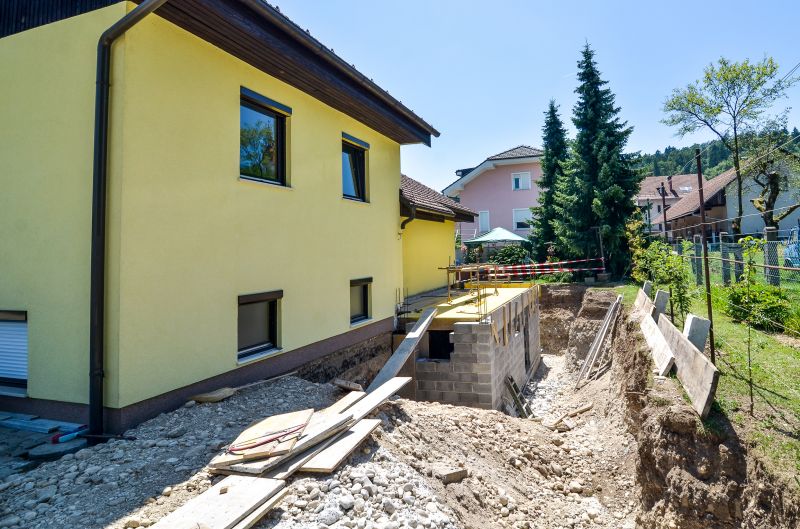
Finishes and colors that play nicely with Foundation Repairs.
| Season | Ideal Conditions |
|---|---|
| Spring | Moderate temperatures, soil moisture levels stable |
| Summer | Early summer suitable if temperatures are moderate |
| Fall | Cooler temperatures, less precipitation |
| Winter | Cold, frozen ground complicates repairs |
Foundation repairs address issues such as cracking, settling, and shifting caused by soil movement and moisture fluctuations. Proper timing ensures that repairs are durable and effective, minimizing future problems. Statistics indicate that early intervention during optimal weather conditions can reduce repair costs and extend the lifespan of the foundation.
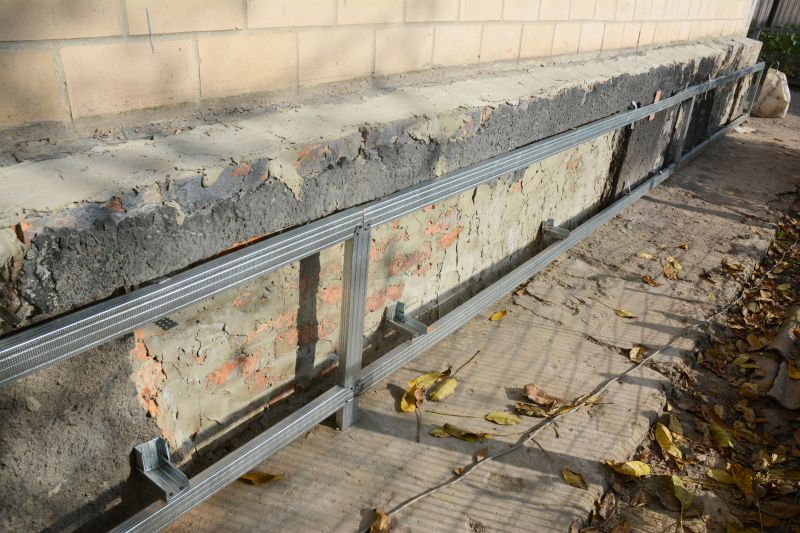
A typical foundation stabilization process during the optimal season.
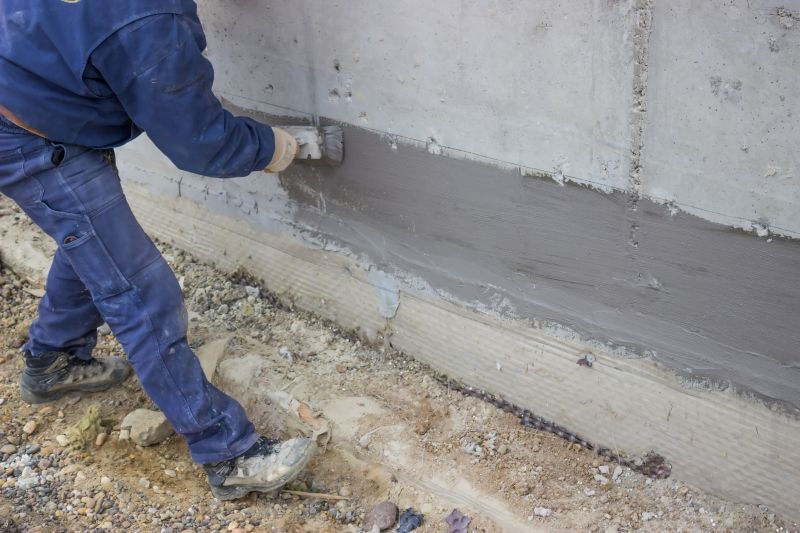
Sealing and reinforcing cracks to prevent further damage.
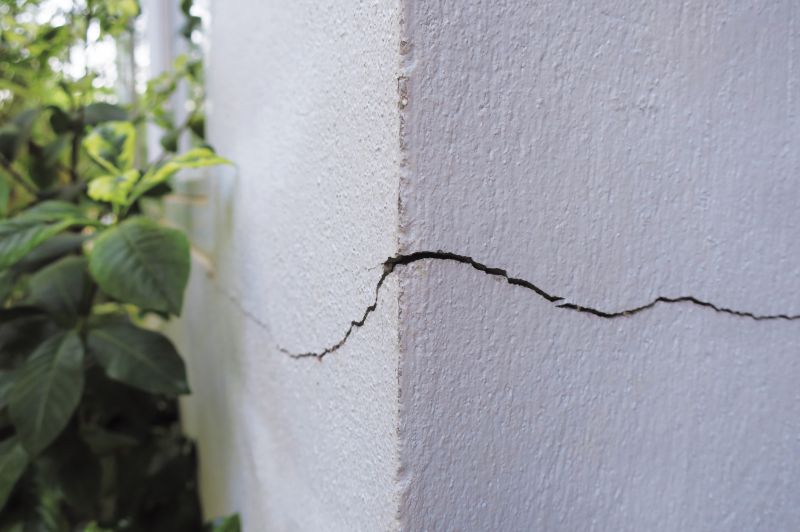
Using soil injection techniques to improve stability.
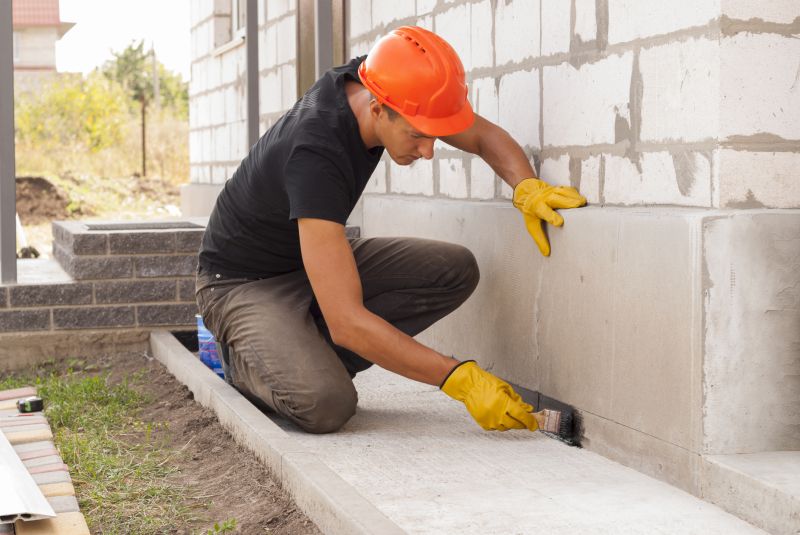
Properly timed repairs can ensure long-lasting results.
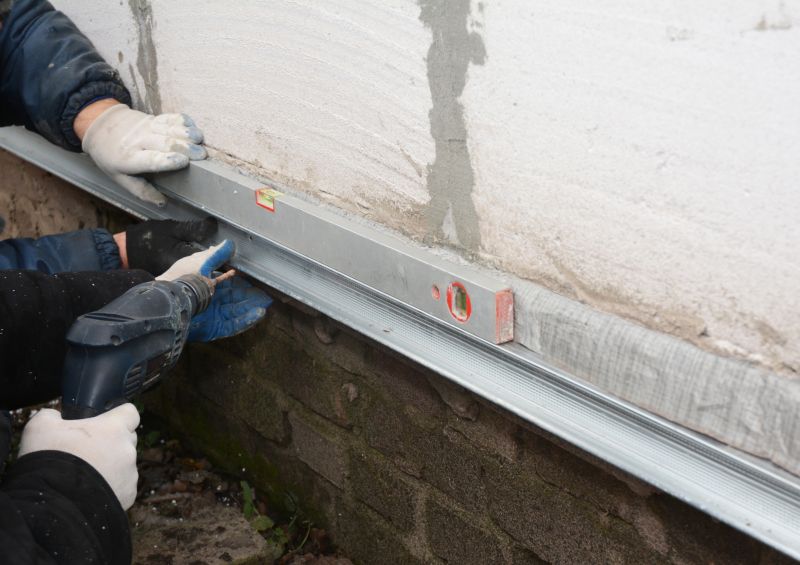
Little measurements that prevent headaches on Foundation Repairs day.
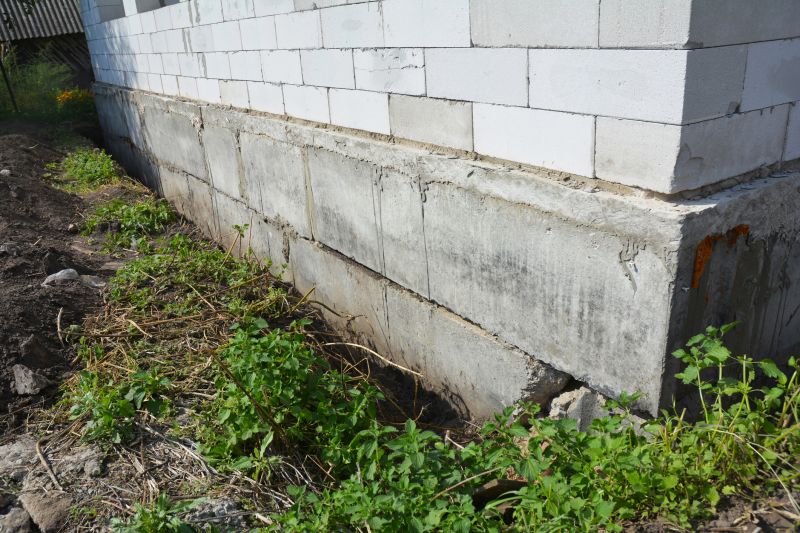
A 60-second routine that keeps Foundation Repairs looking new.
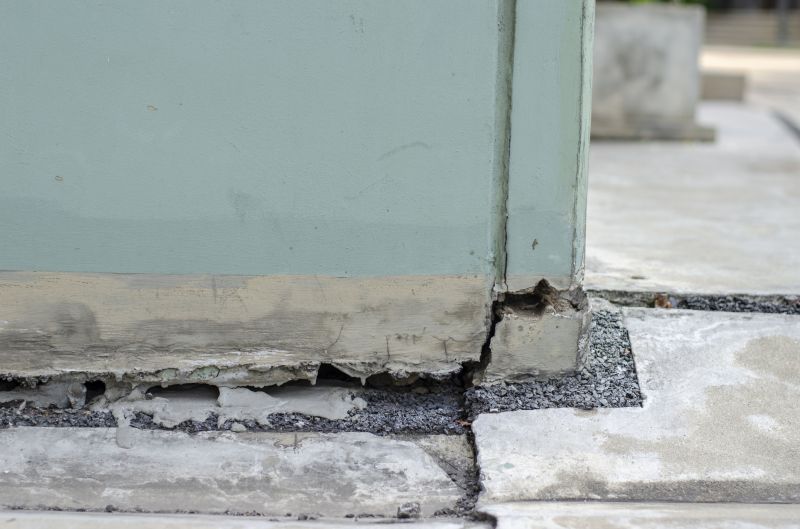
A frequent mistake in Foundation Repairs and how to dodge it.
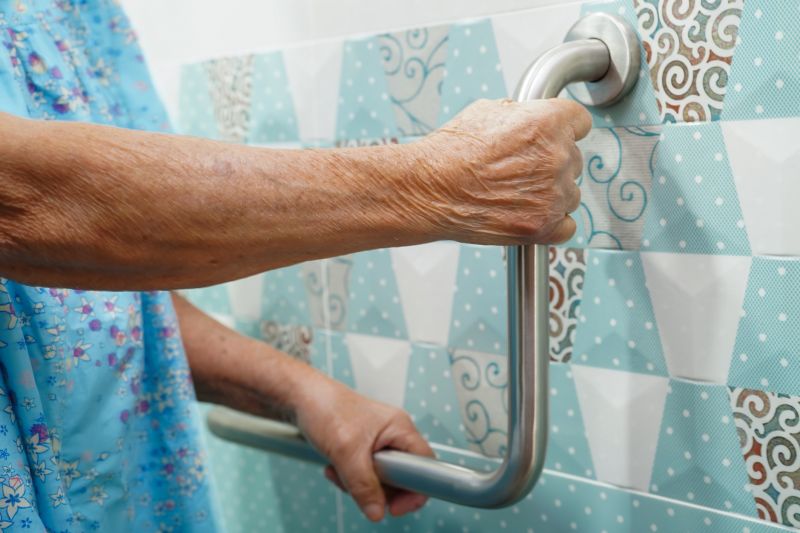
Small tweaks to make Foundation Repairs safer and easier to use.
Interested in foundation repairs? Filling out the contact form provides a way to schedule inspections and discuss repair options tailored to specific needs. Proper timing and professional intervention can help maintain structural integrity and prevent costly future repairs.


